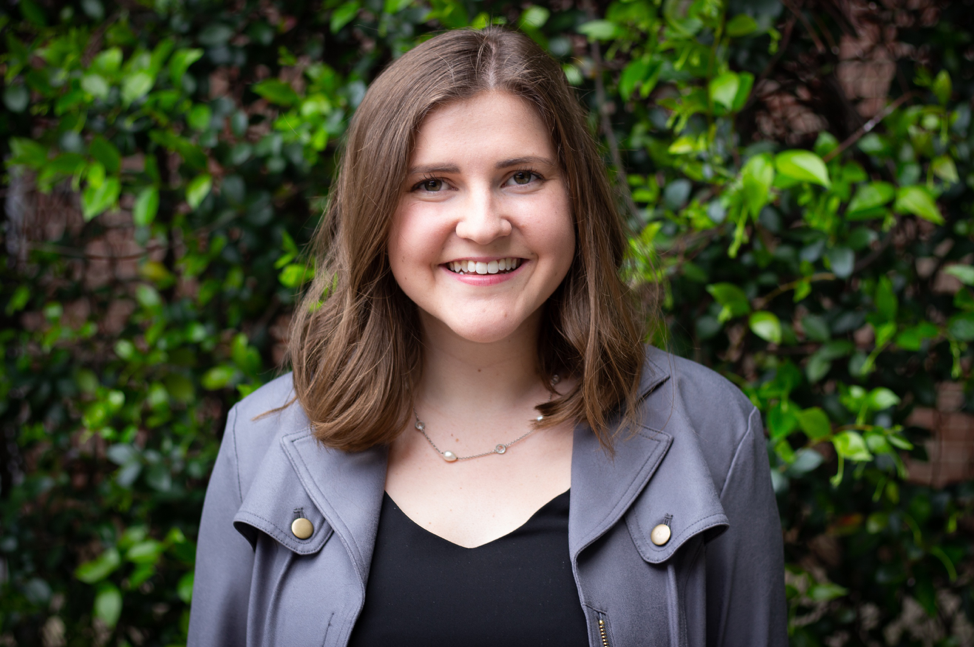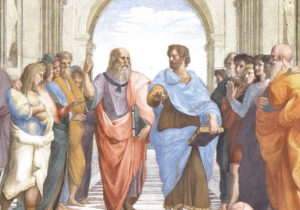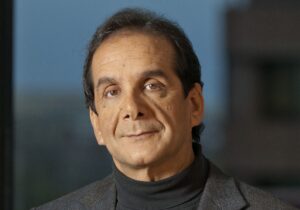Lebanon has reached its breaking point, and the recent Beirut port explosion has put it on the verge of collapse. The country continues to battle with Iran’s stranglehold via Hezbollah, imminent financial ruin, and increasingly strong sectarian divides. While a transition to a democratic federal government would not serve as a remedy for all of Lebanon’s woes, by using Nigeria as a template, policymakers may find that the federal model presents the best possible solution to limit Hezbollah’s influence and ease ethnic and religious divides.
On September 1, 1920, in the aftermath of the First World War, the French formed what became known as Greater Lebanon. Precisely 100 years later, the Philos Project’s senior Lebanese research fellow, Dr. Habib C. Malik, released a report about the events of the subsequent century and what the future may hold for the struggling country. The report also provides American policymakers with short, medium, and long-term suggestions to revive Lebanon. While he put forward various recommendations, one of the key long-term recommendations involves reconstituting the Lebanese Republic from a parliamentary democratic republic into a democratic federal state. This shift would provide autonomy for its sectarian communities while still uniting the floundering nation.
The Lebanese Republic currently functions under a consensus system, put in place to counter the influence of partisan political factions. In theory, this system would allow each of Lebanon’s 18 recognized religious groups to have representation within its government. In practice, however, “it leads to continual deadlock, the involvement of outside powers, obstruction of the political process, and (in its most charnel incarnation) acts of extreme violence,” according to Alexander Corbeil in his article for the Carnegie Endowment for International Peace. In his report, Malik provides an alternative to the status quo by recommending federalism, stating that “some version of creative federalism accepting sectarian diversity as a given is the favored path forward for a composite society like that of Lebanon.” The federal system would be “grounded in an independent judiciary with proper accountability,” and would “help offset the prominence of sub-state loyalties while accepting sub-state communal affiliations and distinctiveness.” He also argues that it would allow for the decentralization of the Lebanese administration and a neutral position on the national level when dealing with difficult regional issues.
Despite its promise, there is no shortage of opposition to the implementation of federalism in Lebanon. According to Malik, Parliament Speaker Nabih Berri, a Hezbollah ally, has openly come out against federalism for Lebanon, insisting that “any future electoral law ought to consider the whole of Lebanon as a single electoral district, which would prelude for ‘deconfessionalizing’ the political system to usher in the ‘civil state.’” However, this approach is misleading, and Malik argues it would ultimately lead to the consolidation of Hezbollah’s stranglehold on the Lebanese government. In suggesting constitutional federalism as the path forward for Lebanon, Malik acknowledges that federalism “is neither a panacea, nor is it a problem-free political prescription.” Nevertheless, he states that it “represents a viable road-map towards a transition from unstable heterogeneity towards workable pluralism.” While this is a bold claim, Nigeria’s history may contain evidence that this is the case.
Amid the Scramble for Africa, a period between 1881 and 1914 in which European powers colonized the continent, the British government formed present-day Nigeria. In the process, it combined several different ethnic and religious groups with few commonalities. Given these divides, it is unsurprising that when the country gained independence in 1960 and attempted to shift to a more heterogeneous government, it was unsuccessful. In Nigerian political scientist Dr. Dele Babalola’s piece about Nigerian federalism, he explains that “the country’s brief experiment with a unitary system of government following the military coup in January 1966 proved disastrous, leading to the counter-coup of July 1966 and a three-year civil war from 1967 to 1970.” Nigeria’s story has eerie similarities to Lebanon’s, a country formed under French mandate with massive sectarian divides and present-day unstable governmental heterogeneity.
Unlike Lebanon, following its civil war, Nigeria began a period of reformation into a true federal republic. According to Nigerian political scientist Dr. Rotimi Suberu in his analysis of federalism in Nigeria, the country has incrementally been “reconfigured since the 1967-1970 civil war from an unstable union of three unwieldy ethnic regions into a more integrated, 36-unit, multiethnic federation.” While the country still faces numerous challenges, it has made exponential improvements under this new federal government, including significantly alleviating the strain between different sects of its population and avoiding large-scale internal war or state collapse. Additionally, according to Babalola, in the adoption of its “Federal Character” in the 1979 Constitution and the later reaffirmation in the 1999 Constitution, Nigeria was “able to prevent the denomination of the federal government or any of its agencies by one or a few ethnic groups.” This kind of dominance, by Hezbollah in Lebanon’s case, is exactly what Malik seeks to counter with his federal prescription for the nation.
Ultimately, Malik believes that “federalism, an unfairly maligned concept, may entail slow and daunting work, but on balance its attractions definitely outweigh its limitations as the most suitable future political solution for the Lebanese sectarian mosaic.” Just as this statement applies to Lebanon in its current state, it can also describe Nigeria’s past. Nigeria’s history can serve as testimony to federalism’s ability to ease sectarian divides and push a country toward peace and prosperity. While Nigeria and Lebanon are by no means exact replicas of one another, their similarities could lend US policymakers to conclude that a Lebanese shift to federalism would look quite akin to Nigeria’s. If this were the case, it appears that it would indeed serve as the best possible solution to ease sectarian tensions and counter Hezbollah’s dominance.






